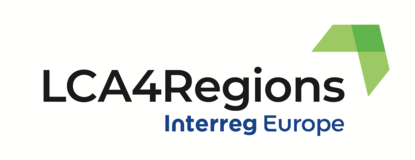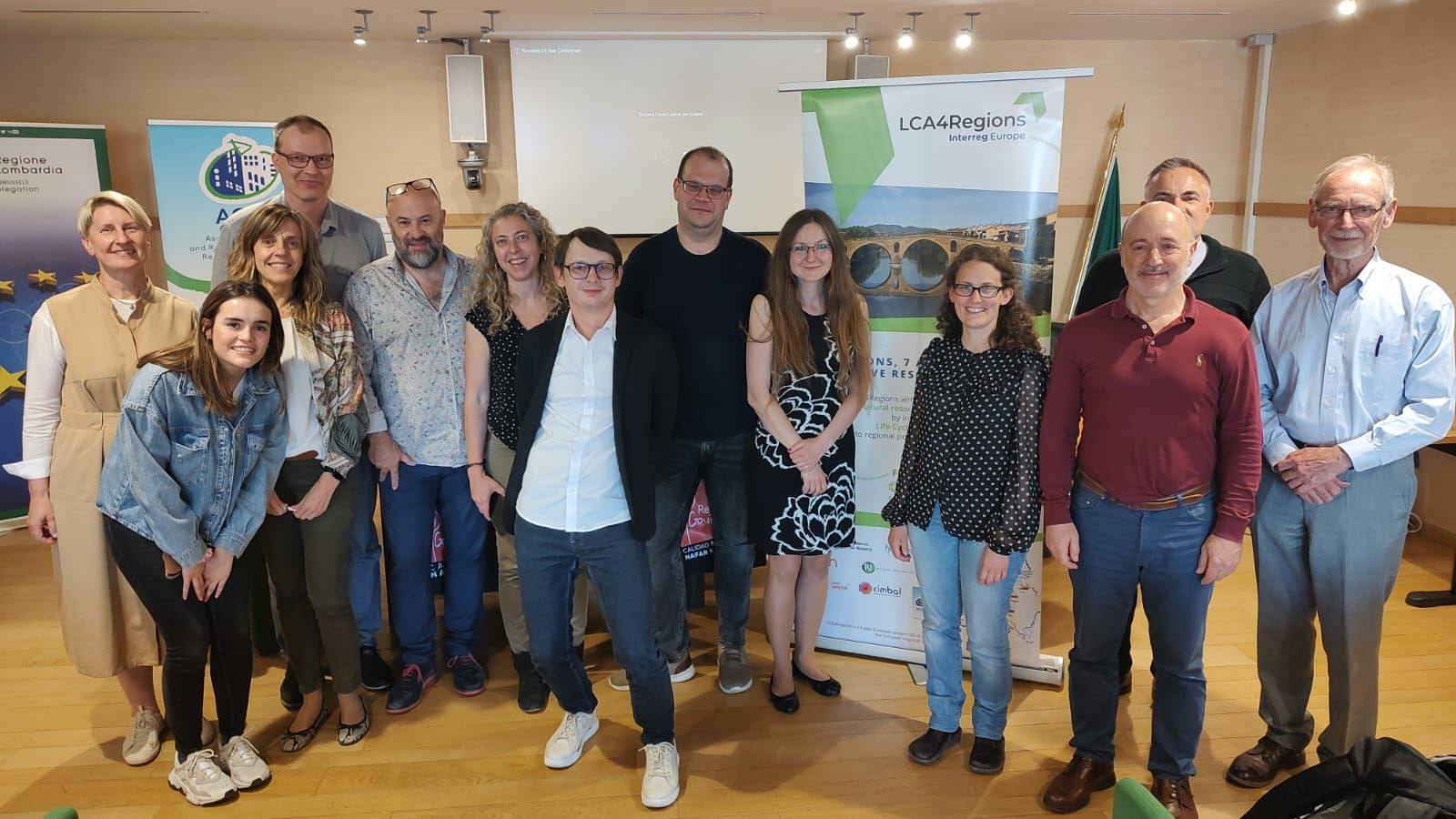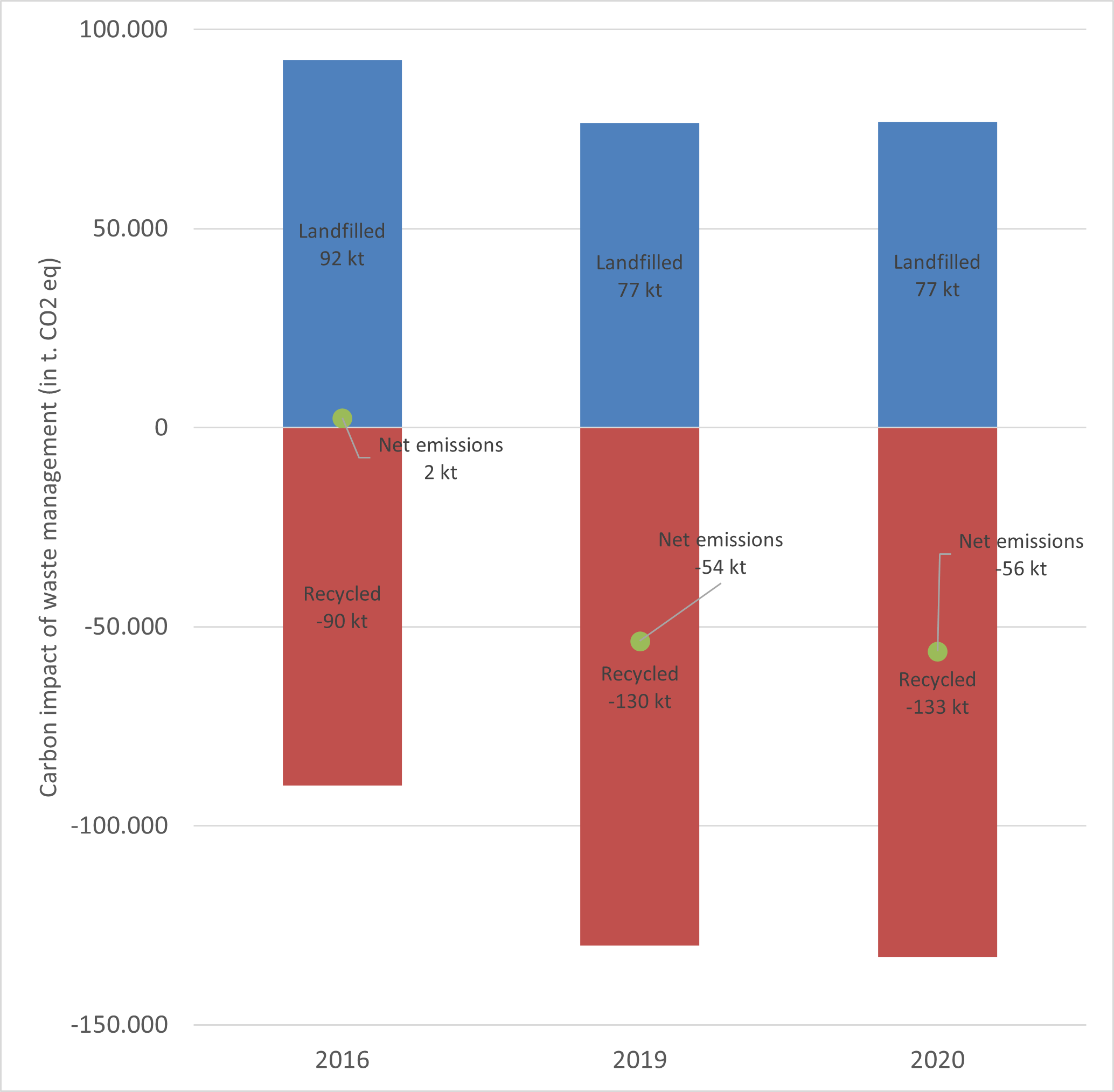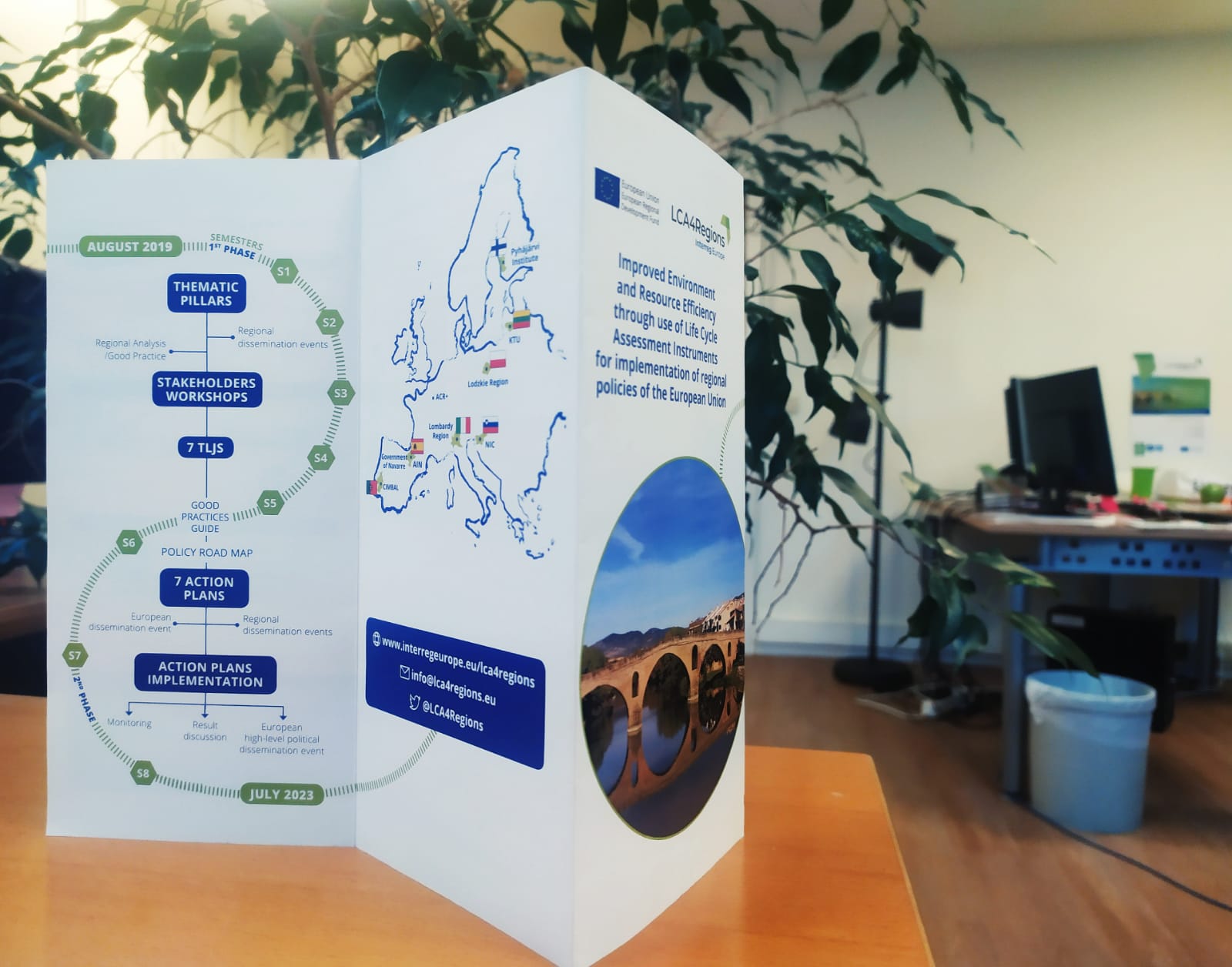The government of Slovenia has made great strides in improving its regulatory policy. Regulatory impact assessment and stakeholder engagement should be taken into consideration while developing laws and regulations. However, challenges remain in ensuring that ministries implement the regulatory policy tools effectively. Strengthening governance and oversight of the regulation process and evaluation in Slovenia would support good law making.
The Slovenian legal and policy framework creates conditions for efficient stakeholder engagement in regulatory policy, especially with regard to developing new regulations and their amendments. However, there is a substantial need to strengthen the enforcement of this framework. Although a few ministries do engage with stakeholders early on in the regulation-making process, most of stakeholder engagement takes place at its final stage.
Slovenia’s development strategy 2030
Slovenia’s primary objective is high quality of life for all, achieved through 5 strategic orientations:
- Inclusive, healthy, safe and responsible society;
- Highly productive economy creates added value for all;
- Learning for and through life;
- High level of cooperation, competence and governance efficiency;
- Well-preserved natural environment
They will be implemented through operations in various interconnected and interdependent areas, reflected in the Strategy’s 12 development goals. Each goal is also linked to the SDGs of the 2030 Agenda. Key areas are defined for each development goal, which is a basis for designing the priority tasks and measures to be implemented by the Slovenian government, regional development stakeholders, local communities and other stakeholders.
The Strategic Research and Innovation Partnership – Networks for the transition into circular economy
The Strategic Research and Innovation Partnership – Networks for the transition into circular economy groups together Slovenian business subjects, educational and research institutions (RDI), non-governmental organizations and other interested parties, in collaboration with the state, aiming to establish new value chains according to the economic principles of closed material flows.
Roadmap towards the circular economy in Slovenia
Circular economy, one of Slovenia's strategic development priorities, is included in key national documents such as A Vision for Slovenia in 2050 and Slovenian Development Strategy 2030 as well as in Slovenia's Smart Specialisation Strategy. The strategy's main goal is improved quality of life for everyone. It also aims to:
- Outline the potentials that establish Slovenia as the leader of the transition into the Circular Economy in Central and Eastern Europe;
- Involve stakeholders to identify and connect circular practices;
- Create recommendations for the Government of the Republic of Slovenia to facilitate a more efficient transition;
- Identify circular opportunities for the strengthening of international economic competitiveness and quality of life for all.
The approach is based on the so-called “Circular Triangle”: Circular Economy (business models), Circular Change (government policies) and Circular Culture (citizens). Circular Culture is the aspect that seems to hide the greatest transformative capital for Slovenia.
Smart Specialisation Strategy of the Republic of Slovenia
Smart Specialisation is a strategy to strengthen the competitiveness of economy, innovation capacity and the diversification of the existing industry as well as the growth of new and booming industries and companies. With this strategy, Slovenia wishes to build on its natural assets, focus on its specifics and support the achieved broader public consensus with regard to the vision of the green Slovenia, that is:
- Clean and healthy and as such attractive for life and work;
- Circular, since it will base its development on the principles of circular economy;
- Serene because Slovenia is calm, whereas with a shift to the innovative society it is also becoming serene/bright, making Slovenia inspiring and open, open to new ideas, talents and for experimentation, which is enabled and encouraged by our tolerance and safe environment.
Green Public Procurement
Categories of green public procurement in Slovenia – since 1 January 2018, the Decree on green public procurement (Official Gazette of the Republic of Slovenia, Nos 51/17 and 64/19) applies to 20 product groups of procurement.
The Ministry of the Environment and Spatial Planning and the Ministry of Public Administration drew up examples of environmental requirements and criteria that a contracting authority may include in the public procurement procedure in order to attain the goals laid down by the Decree for each category of the public contract. The examples of environmental requirements and criteria are updated at least every two years according to the technological development, market situation, and the legislation and guidelines of the European Union and the Republic of Slovenia.










